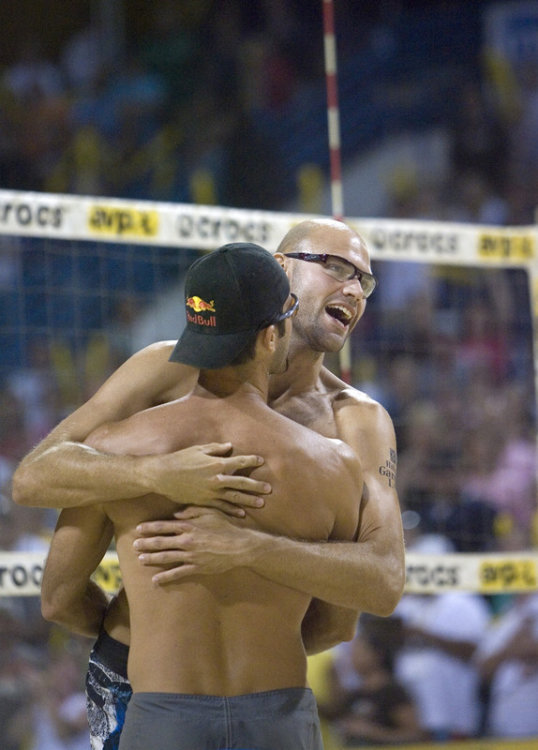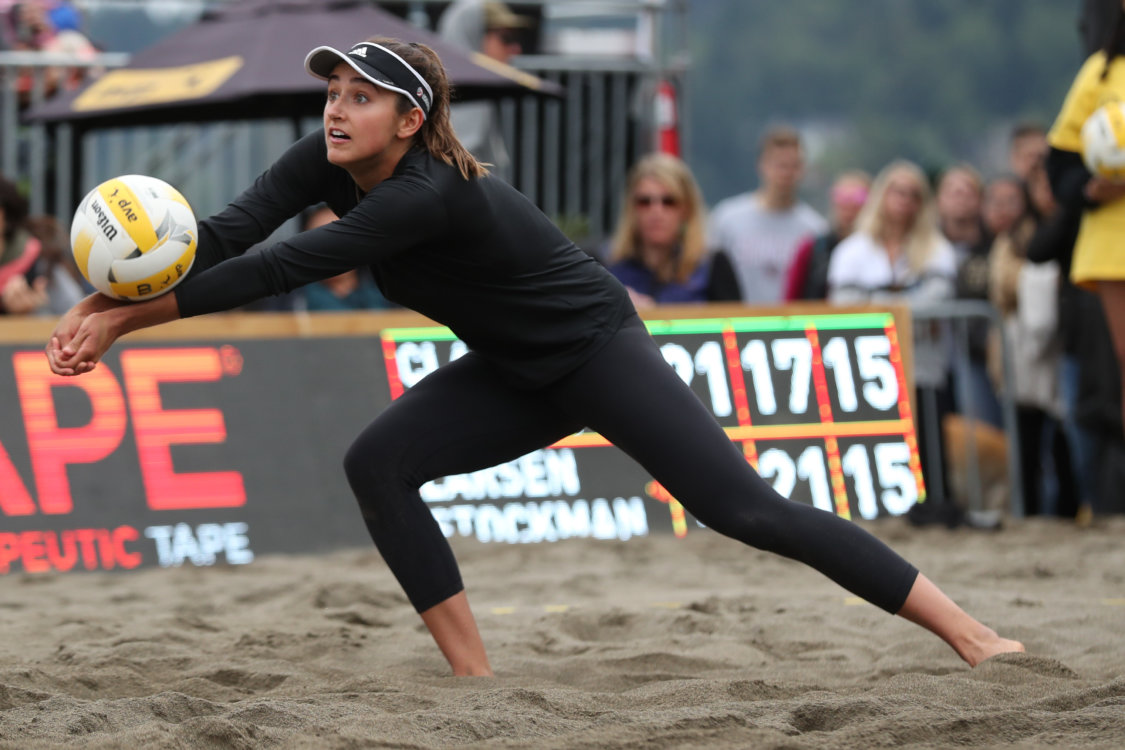The IOC finally pulled the trigger.
After days of speculation, unclear press releases, IOC members’ vague and contradictory statements, and countries promising not to participate if the Games were held this year – the Prime Minister of Japan and IOC president have agreed to postpone Tokyo to 2021.
Delaying the Games poses significant hurdles; hundreds of thousands of hours and tens of billions of dollars have been invested into an Olympics starting on July 24. Now that’s all in flux. But the other options are non-options.
To have it run as planned would welcome millions of people from all over the world into one city during an international pandemic of an extremely contagious virus. Holding the Games without spectators would drastically reduce revenue and make for an eerie TV viewing experience. And canceling Tokyo altogether would dash the dreams of more than 11,000 athletes. While I can’t possibly imagine how complicated the logistics of postponement will be, it was the only plausible scenario.
However inevitable a delay may have seemed, the IOC’s route to a firm decision was… rocky.
Feb. 25 — Dick Pound, a senior IOC member, says the IOC has about three months to decide if the Games will go on as scheduled or be canceled, and that a postponement is very unlikely.
Feb. 28 — Thomas Bach, IOC President, encourages athletes “to go ahead full steam with regard to their training and their preparations” for the Olympics.
Mar. 3 — Mark Adams, an IOC spokesman, says, “We are going to have the games on the 24th of July.”
Mar. 13 — Seiko Hashimoto, Japan’s Olympic minister, says, “The IOC and the organizing committee are not considering cancelation or a postponement — absolutely not at all.”
Later on Mar. 13 — The IOC announces almost all its staff at their Switzerland HQ will begin working from home.
Mar. 17 — Hayley Wickenheiser becomes the first IOC member to dissent with the IOC’s public stance, saying “I think the IOC insisting this will move ahead, with such conviction, is insensitive and irresponsible given the state of humanity.”
Mar. 19 — After a phone call with athletes the day before, Bach admits, “Of course, we are considering different scenarios.”
Mar. 22 — The IOC gives itself a four-week deadline to make a decision about whether they will postpone, cancel, or go forward as planned with the Olympics.
Later on Mar. 22 — Canada and Australia say they will not participate in a 2020 Olympic Games. This adds to mounting pressure from multiple athletes and nations calling for postponement.

Mar. 23 — Pound says the Games will be postponed to 2021. Adams will neither confirm nor deny this, saying, “It is the right of every IOC member to interpret the decision of the IOC.”
Later on Mar. 23 — Japan Prime Minister Shinzo Abe says postponing the Olympics might be unavoidable.
Mar. 24 — The IOC and Japanese Government officially postpone the 2020 Olympic Games until 2021.
What a wild ride for all of us. The unpredictability of the virus caught the world off guard and sent Olympic decision-makers into a spiral of unknowable outcomes and varying opinions. In this COVID-19 world, decisions and changes are being made by the hour. A four-week discussion period turned into two days as the IOC was hit with a tsunami of pressure from federations and athletes around the globe.
Alix Klineman, who has all but clinched her berth in the Olympics, understands everything that went into the IOC’s decision and is grateful the Games are still happening. “Competing in the Olympics has been a lifelong dream of mine,” she says, “so knowing that the opportunity will still exist is a really positive thing. [The postponement] makes knowing what phase of training we should be in nearly impossible. But there is something much bigger and more important going on. This is a global issue; it has affected all of us. So to me, this was the right decision to make. Our efforts need to be focused on everyone’s health and slowing down the spread of this virus for the time being.”
Navigating the new training schedule will be difficult, but if the Games were to be held as planned, training could have been dangerous. As most athletes have had their access to training revoked due to health and safety measures, there’s no way for them to properly train for the biggest stage in sports. Failing to postpone the games would provide those who still have access to training a hefty advantage. It would also lead to overtraining once restrictions are removed, as athletes would have a much smaller window to get ready.
Phil Dalhausser is grateful for the time at home, even as he laments the news. “Obviously, it’s a bummer,” he says. “I put a lot of time and energy into training this offseason. At the end of the day though, I get to spend more time with the family which I enjoy. So it’s not all bad.”
We shouldn’t expect to have a set date for the 2021 Games anytime soon; the number of logistical negotiations that need to happen is unimaginable. Among the many decisions to be made, beach volleyball athletes are most curious as to what the updated qualification window will be. Before postponement, the cutoff was June 24th, 2020. It’s hard to imagine it will remain on June 24th as so many tournaments this season have been canceled. But could they extend the deadline a full year? Or will they wrap it up in 2020 and give the athletes the privilege of knowing their Olympic fate?
Sara Hughes wonders this, too. “I think it was the right call to postpone the Olympics,” she says. “I am curious to see what new qualification systems will be put in place in order to make the 2021 Games. As for now, I’m working as hard as I can and doing whatever is in my control to be the best I can be.”
While there is still a lot of uncertainty, the athletes are relieved to have a concrete answer. They’re also finding the silver lining in these extraordinary circumstances. Sarah Sponcil plans to take advantage of the extra time to get her mind right and appreciate the gravity of the Games. She jumped right from college to Olympic qualification. With another year to digest, she feels like she’ll be more equipped to appreciate the process and put her all into competition.

Tri Bourne is grateful to spend more time at home with his 6-month-old daughter. And unlike most athletes, Tri feels like he’s been here before. “I had to sit out 2017 and 2018 seasons [due to a debilitating autoimmune disease], so I’m in familiar territory,” he says. “But now everyone’s going through it with me.” He, too, is wondering about the qualification window and hopes it doesn’t bleed into 2021. “We’re going to keep chasing the Olympics, and we also want to play as much AVP as possible. We’re hoping that qualification won’t go into 2021 so we’re not forced to be on the World Tour when we want to be home playing on the AVP.”
Follow Kim on Instagram @kimesmith21.
Read more from Kim: